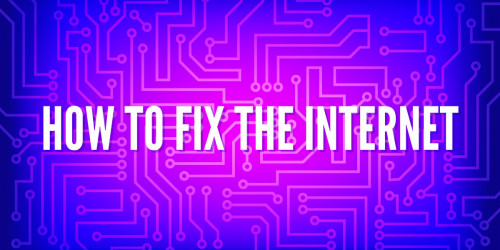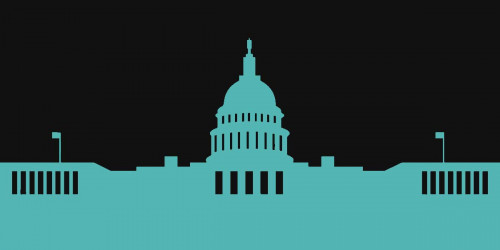As protests against the U.S. bills SOPA and PIPA sweep the world, Singaporeans are under threat of censorship from their own government. According to Channel News Asia, Singapore Minister for Law K Shanmugam recently revealed that his ministry is in discussion with the Motion Picture Association of America (MPAA) over piracy issues. At an event organized by the Intellectual Property Office of Singapore (IPOS), Shanmugam reportedly stated: "We will have to work with the ISPs. And the government will have to work with the ISPs and whether it should be a voluntary regime vis-a-vis the ISPs, or whether it should be legislated."
As the New Asia Republic (which is proudly displaying an anti-SOPA banner) explained, Singapore is a party to the United States Free Trade Agreement (USFTA) and the yet-to-be-passed Anti-Counterfeiting Trade Agreement (ACTA), and therefore must commit to similar legislation should SOPA or PIPA become law in the United States.
On Shanmugam's own Facebook page, where the minister posted a link to the aforementioned Channel News Asia article, Singaporeans have left numerous comments protesting the potential move. One citizen wrote:
Adopting a law (similar to SOPA or PIPA) will not just be detrimental to the freedom of speech online, but will also have economic consequences to Singapore.
Both web/tech start-ups and multinational corporations such as Google, Microsoft and Amazon (who are already opponents to both PIPA/SOPA) who have set up operations in Singapore may move out because the legislation are biased towards one group of industry players in the content space.
We hope that you can reconsider and not enact a law that has profound consequences to the development of the ICT and digital media space.
Just as SOPA and PIPA would effectively blacklist websites in the United States and around the world, such would be the case with laws born in other states backed by the same special interests. EFF will be following the developments in Singapore closely as they attempt to forge anti-infringement legislation similarly formulated with little to no understanding of their impact on free speech or innovation online.
~
Join our action against Internet Blacklist Legislation.
If you are not a U.S. resident, follow this link and scroll down to sign the petition to the U.S. State Department.









